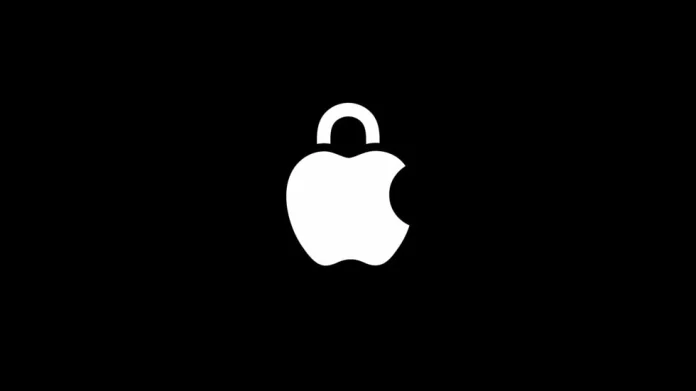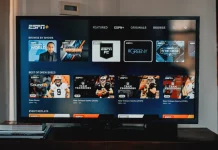In recent decades, fines for large tech corporations have been a “necessary evil.” Companies have faced them everywhere, from the US to the EU, Russia, and China. Typically, such fines are perceived appropriately; the additional regulation that may come instead of or along with the fine is much more unwelcome to a company.
The 2 billion fine hardly surprised Apple. But it seems to have hit a snag. Almost immediately, Apple issued a press release criticizing Spotify for being rabid and “wants more.”
Apple makes a statement and calls the decision unfair
Apple says that Spotify approach is unfair. The statement further elaborates on Spotify’s dominance in the European music streaming market, which holds a 56 percent share, significantly outpacing its closest competitor. Apple underscores that Spotify’s success has been achieved without incurring any costs for the services provided by the App Store, which has been instrumental in building Spotify’s global brand recognition.
Apple emphasizes the App Store’s foundational goals: to create a safe marketplace for users and a substantial business opportunity for developers. This vision has catalyzed one of technology’s most rapid growth trajectories. The App Store has democratized access for developers, enabling them to reach over a billion devices worldwide, with approximately 86 percent of developers not paying any commission to Apple.
Of course, there’s a little trick here, and Apple protects its business. But its reasoning has a ground: App Store is a collaborative instrument that allows publishers and developers to share their apps at almost no cost: you don’t need to invest a lot into an infrastructure to spread and offer their app.
The discourse also touches upon the conditions under which developers must pay commissions to Apple, highlighting the exceptions that benefit most developers, including Spotify. Apple delineates the specific scenarios where commissions are applicable, underscoring the extensive support and resources provided to developers, which facilitate their success on the App Store.
Apple criticizes Spotify’s demands for further concessions, which would allow it to benefit from the App Store’s ecosystem without contributing to its maintenance or development. The statement states, “Spotify wants to rewrite the rules of the App Store — in a way that advantages them even more.”
Apple notes that Spotify doesn’t pay the company. Still, Apple works with Spotify to make sure their app works with additional features of Apple’s ecosystem, such as “Siri, CarPlay, Apple Watch, AirPlay, widgets, and more.” Apple also noted that Spotify uses its tools, such as TestFlight and Apple’s APIs. Of interest, Apple confirmed that some companies have an advantage over others, such as that the company “often expedites reviews” of updates for Spotify.
Apple says that Spotify wants more
One thought that may seem unfair, especially to those who favor limiting Big Tech’s monopoly, shines through the entire statement. But this thought has a place: “Spotify just wants more.”
“Free isn’t enough for Spotify,” Apple says. “They also want to rewrite the App Store rules – in a way that gives it even more benefits.” Apple’s position is simple enough: companies can use a “reader rule” to include links to their website to make payments and authorize users.
It’s clear that the “reader rule” was implemented to reduce pressure on Apple and reduce claims of an “App Store monopoly,” but Apple states, “Spotify could too – but they’ve chosen not to.” Apple says, “Spotify wants to bend the rules in their favor by embedding subscription prices in their app without using the App Store’s In-App Purchase system.” So Apple’s offense here is understandable; the company believes that the App Store is not just a place to make purchases, but it adds value to other companies, and requiring payments through the Apple Purchase system is a fair payment for Apple’s services.
Not a typical approach
In this case, Apple’s approach is atypical because it openly communicates its position and vision. The company does not always do so, preferring to shed light through interviews, rumors or comments in the media.
In this case, Apple gives a somewhat detailed response, stating, “Apple is set to comply with the DMA in days, and our plans include changes to the rules challenged here. What’s clear is that this decision is not grounded in existing competition law. It’s an effort by the Commission to enforce the DMA before the DMA becomes law.”
So, regardless of your opinions on this dispute, I can say one thing: Apple’s position is not without merit.






